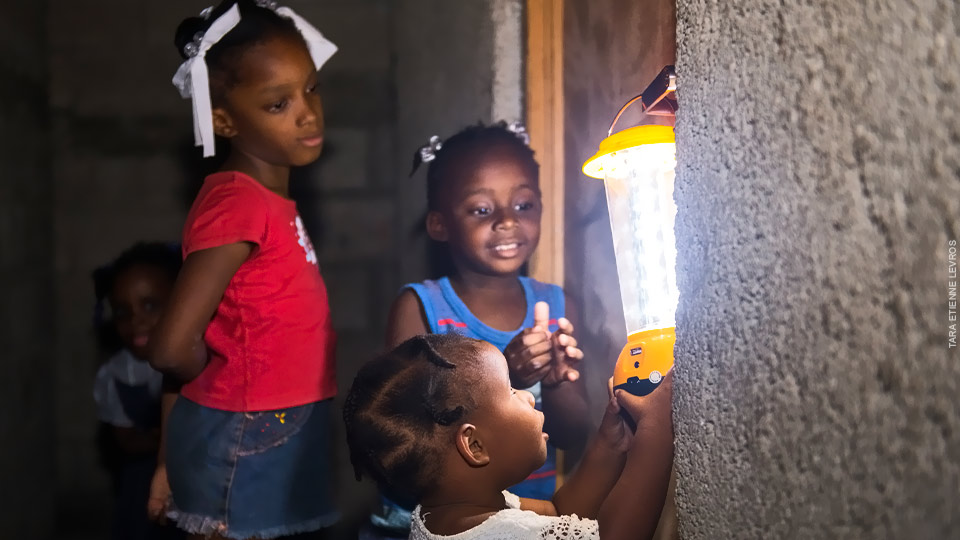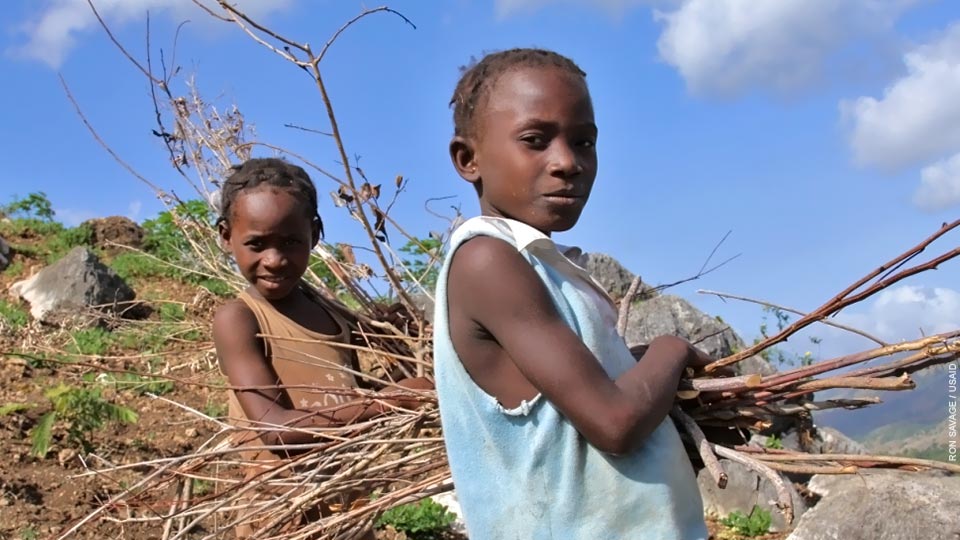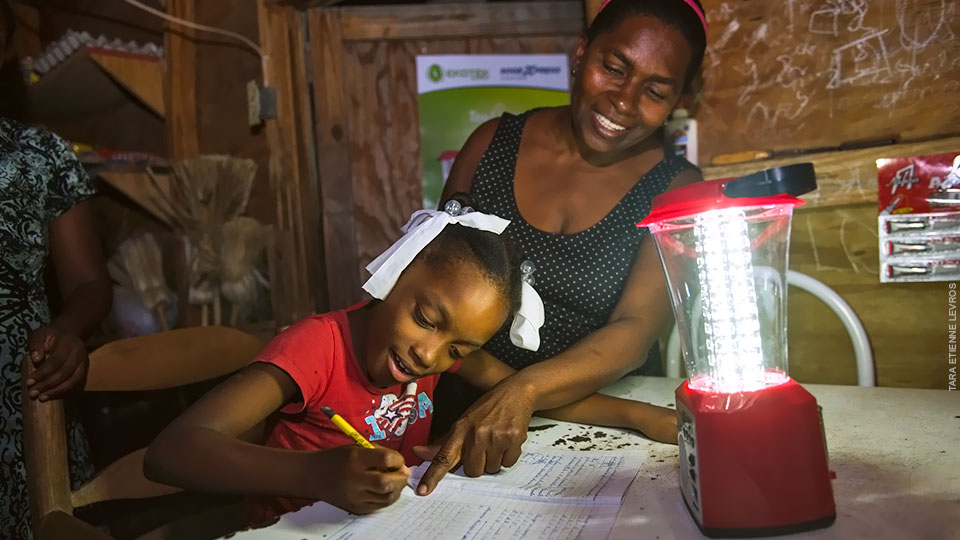
USAID Celebrates International Day of the Girl on October 11 #GirlsShine
Access to household energy for cooking and lighting is critical for the health and well-being of girls around the world.
Women and girls around the world spend many hours each day on unpaid work, including cooking and collecting fuel. Girls shine when they are freed from unpaid work burdens caused by a lack of energy access.

One of the main reasons girls miss school is the weight they carry of household responsibilities, such as water and firewood collection. A reduction in these responsibilities can improve girls’ school attendance drastically. Access to energy can also reduce the amount of time spent on labor-intensive household tasks, allowing women and girls to pursue other opportunities, including education, earning income or simply taking the time for needed rest.
As forests are degraded, the energy burden increases for women and girls as they are forced to walk even further to collect wood or use more toxic fuels, such as dung and trash. This increased labor is almost always unpaid and often uncounted. In Uganda, girls aged 17 and under, collect wood 7.2 times per month, spending on average 3 hours on a trip and traveling about 5.7 kilometers. (UNHCR, Uganda, 2014)
Girls and women are often more exposed to the risk of gender-based violence during firewood collection. For example, in Doro, South Sudan, 54 percent of refugee respondents reported incidents of violence and sexual assault against girls and women in firewood collection places. (Danish Refugee Council, 2012)
Lack of energy for lighting also affects girls’ security and their ability to study. It has been shown that solar lights improve girls’ and women’s overall security and allow them to be productive in the evening. Nancy Goldman, a solar light agent in Port-au-Prince in Haiti, has seen a great difference for her daughter Phaima and herself.








Comment
Make a general inquiry or suggest an improvement.